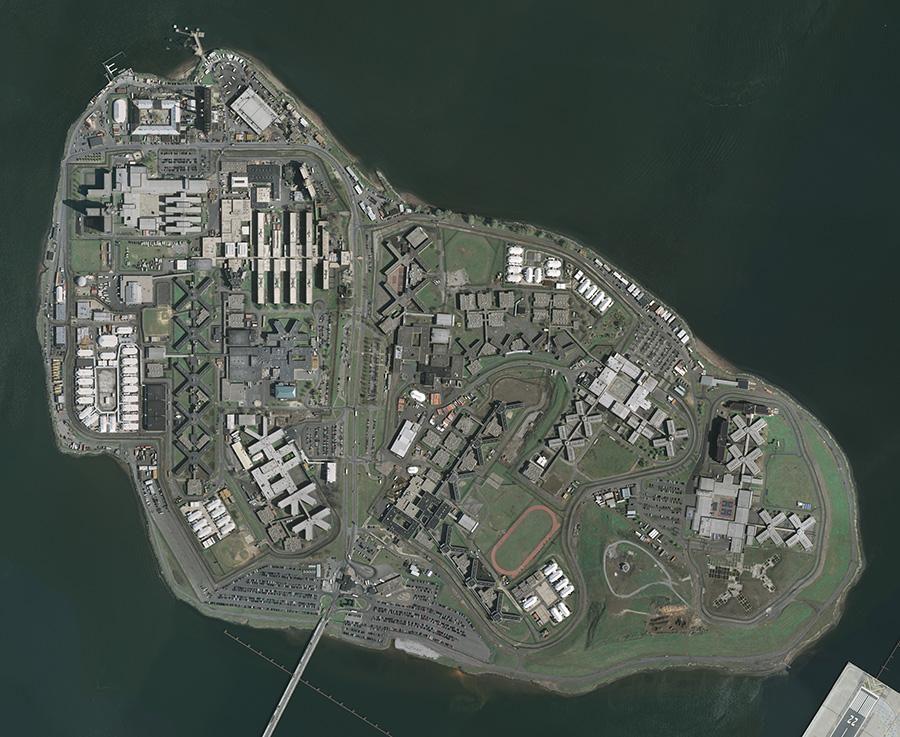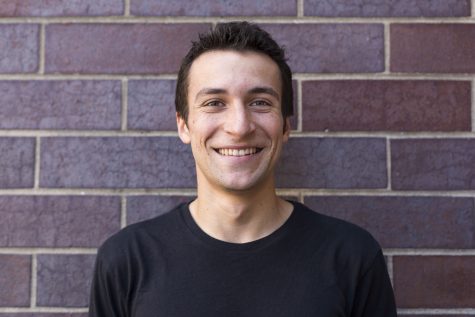Rikers Island bans solitary for youths
January 29, 2015
Rikers Island will no longer permit inmates 21 years old and younger to be placed in solitary confinement, New York City officials announced on Jan. 13. The decision comes on the heels of numerous reports documenting the mistreatment of inmates, including those who have suffered the infliction of severe mental and physical injuries by guards.
In September 2014, officials decided to end solitary confinement for 16- and 17-year-old inmates by the end of the year. The newest ban marks another step in addressing the rising concerns over the treatment of inmates at the prison complex, and is a major step in the prison reform movement. As of 2009, the prison complex housed nearly 11,400 inmates, including hundreds of teenagers.
Loretta Owens, the Chief of Operations of the Black Student Union at NYU, spent time facilitating workshops at Rikers Island and said reform should have happened years ago.
“Rikers, specifically the guards and captains in that facility, have gotten away with tremendous acts of both psychological and physical violence against the youth and adults at Rikers and it has to end,” Owens said.
Amir Varick Amma, a social activist, has been in and out of several state prisons, serving 20 years after being charged with possession and sale of crack cocaine at the age of 21. He was held at Rikers Island multiple times, and said he saw the way the system worked against the youth who were placed in a prison like Rikers, creating more violence in the process.
“They say [solitary confinement cells] are deterrents for violence, but they really just make someone lose their humanity,” Amma said. “All the upgrades they made to Rikers Island just made people more frustrated, so once they are out, they need some form of release for all that frustration.”
Amanda Becker, a member of the Jails Action Coalition, said the organization is glad the policy has finally been passed to keep youths out of solitary confinement and, while change like this doesn’t happen overnight, this is only the first step.
“There is still much more that needs to be done to make sure that what comes next for folks who are incarcerated is truly rehabilitating and therapeutic and not simply another form of solitary under another name, and that these changes are implemented timely and appropriately,” Becker said.
Amma, who has a degree in social work, is preparing to apply for a doctorate in urban development, and hopes to return to Rikers Island as a professor. He said he hopes to see change within the entire system, not just incremental reform.
“We don’t need police reform, we don’t need criminal justice reform; we need to redesign the whole system,” Amma said. “If you put a band-aid on a dam break, what’s going to happen? Eventually, it’s going to break again.”
A version of this article appeared in the Thursday, Jan. 29 print edition. Email Alex Bazeley at [email protected].
















































































































































